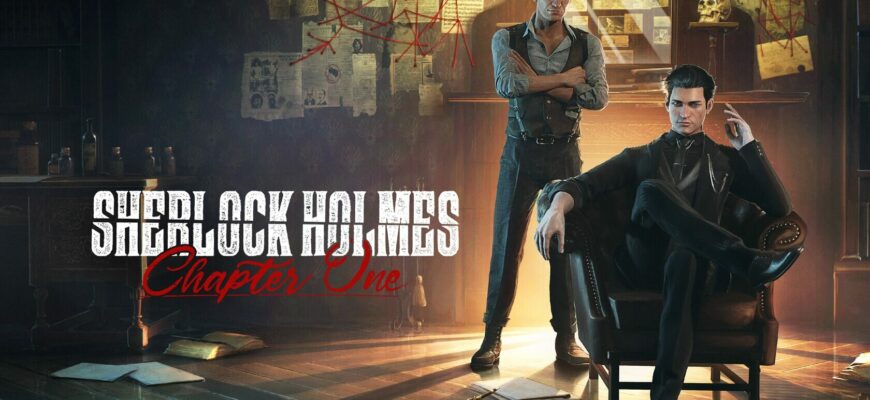In the ever-evolving landscape of television, certain actors manage to carve out a niche so distinct, it becomes synonymous with their very presence. Russian actor Gosha Kutsenko is a prime example. Known for his robust portrayals of gruff yet undeniably kind-hearted men, he returns to the screen in the new series “Khutor” (The Homestead), once again embodying a character that feels both familiar and refreshingly honest.
Gosha Kutsenko: The Unofficial King of the `Sentimental Boor`
Kutsenko`s latest role in “Khutor” sees him as the enigmatic “Father” figure of a secluded community, a haven for those seeking refuge from the digital cacophony. His task? To re-educate a runaway blogger and pseudo-investor, a con artist seeking a temporary hiding spot. The twist, of course, is the “Father`s” conviction that this rogue newcomer is his long-lost son. It`s a setup ripe for both comedy and heartfelt drama, a genre where Kutsenko has, with surprising consistency, made his mark.
For those outside Russian cultural circles, Kutsenko’s signature character might be best described as a “sentimental boor” – a man who may grumble, project an air of self-assurance bordering on the stubbornly ignorant, yet possesses an underlying warmth and a clear moral compass. It`s a persona that, despite the passage of time and the dramatic shifts within the industry, he has cultivated and refined across a staggering two hundred and fifty projects. One might even call it a strategic mastery of brand consistency, a rare feat in an industry that constantly demands reinvention. His colleagues, one suspects, might envy such unwavering commitment, or perhaps, simply marvel at his endurance.
The Calculus of a Prolific Career
One could argue that Kutsenko’s relentless work ethic is not merely a personal trait but a calculated, almost technical, approach to navigating the complexities of the modern entertainment machine. In an environment where the quality of projects can vary wildly, sheer volume might be the most reliable path to longevity. By accepting numerous roles, the probability of landing a genuinely impactful one increases, following a simple law of averages. Furthermore, a diverse, albeit extensive, filmography acts as a shield against the dreaded “typecasting,” ensuring that while the core persona remains, the audience never quite pegs him as solely “the TV doctor” or “the detective.”
Indeed, just as the audience might begin to mentally label him from his long-running roles in “The Last Cop” or “Ambulance,” Kutsenko surfaces as a mythical wolf or a rustic woodsman in “Khutor,” playfully defying easy categorization. This strategic adaptability, disguised as prolific output, ensures he remains a dynamic and beloved figure, a “sentimental boor” beneath the guise of any uniform or costume, always ready to deliver a performance that resonates with a broad audience.
Sherlock Holmes: A Father Figure for a New Generation
While Kutsenko masterfully inhabits his familiar archetype, the world of television also continues to reimagine timeless characters. The recent series “Sherlock & Daughter” offers a fresh, perhaps even audacious, take on Sir Arthur Conan Doyle`s legendary detective, casting him not just as the brilliant, idiosyncratic mind, but as a surprising father figure. The mere thought might send shivers down the spines of purists, but it`s a testament to the enduring appeal and malleability of the Sherlock Holmes mythology.
Comparing the Detectives: Thewlis, Livanov, and Cumberbatch
The question of “who is the best Sherlock” is a perennial one, sparking lively debates among enthusiasts. Benedict Cumberbatch`s modern, high-functioning sociopath; Vasily Livanov`s iconic, slightly comedic yet profoundly intelligent portrayal; and now, David Thewlis`s dramatic interpretation. Interestingly, Thewlis steps into the role at a similar age to when Livanov first donned the deerstalker, yet their approaches diverge significantly. Both are undeniably great actors, each delivering a compelling, unique take.
Thewlis`s Sherlock is presented as a more dramatic figure, still brimming with the characteristic arrogance and manipulative intellect, but his carefully constructed emotional fortress begins to crack with the unexpected arrival of a young woman claiming to be his daughter, whose mother was murdered years ago. This forced foray into fatherhood introduces a novel layer of emotional depth to the otherwise aloof genius, pushing the character into unexplored territory.
The Art of Adaptation and the Value of Quality Imports
For die-hard fans of the original lore, such liberties with a beloved character might seem a step too far. However, Conan Doyle`s creation is robust enough to withstand endless reinterpretation, from time-traveling escapades to unexpected familial ties. The success of such ventures often hinges on the caliber of the talent involved. With an actor of David Thewlis`s stature in the lead and the directorial vision of Bryn Higgins, “Sherlock & Daughter” manages to be a compelling and well-crafted series.
In certain television markets, the arrival of a foreign production of this quality is, as one observer wryly noted, “like being allowed into a currency store” – a rare and cherished event. It underscores the global appetite for well-produced narratives and the universal appeal of iconic characters, even when they’re given an entirely new set of emotional baggage.








